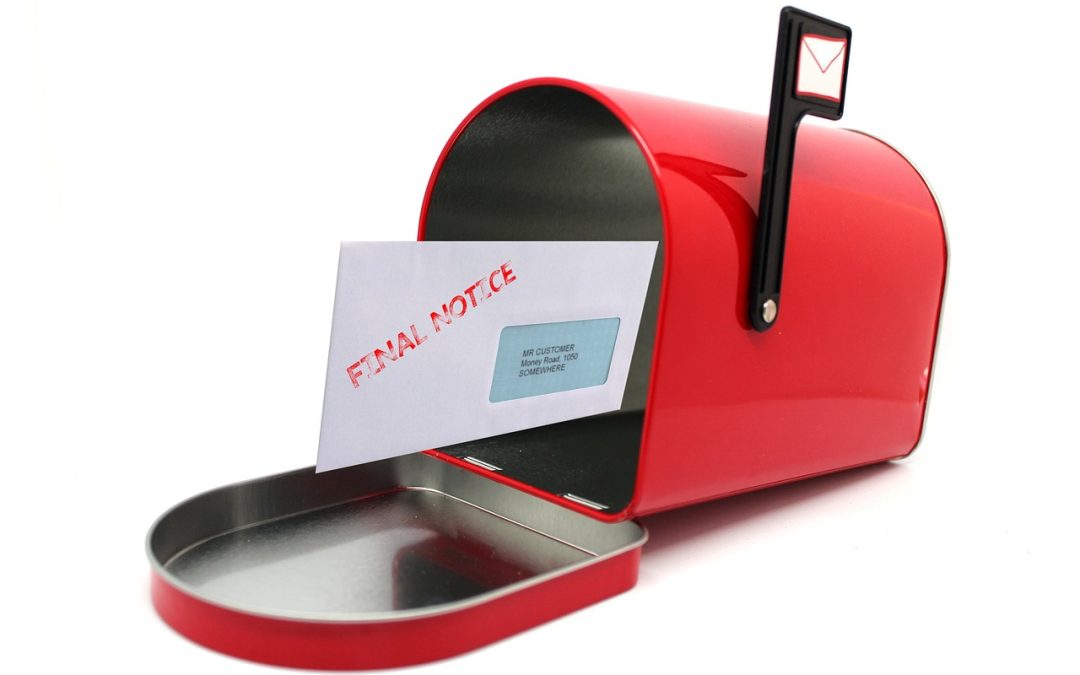Introduction:
Debt is a common financial challenge many people face at some point in their lives. Whether it’s credit card bills, loans, or medical expenses, managing debt can become overwhelming. But what happens if you find yourself unable to pay your debts? In this comprehensive blog post, we will explore the consequences and potential solutions for those facing this dilemma.
Understanding the Consequences
Dealing with unmanageable debt can have serious consequences, both financially and personally.
1. Legal Actions:
When you cannot pay your debts, creditors may take legal actions against you. This could lead to wage garnishment, asset seizure, or even a lawsuit. It’s essential to understand your rights and consult with a legal expert if necessary.
2. Damage to Credit Score:
Failure to make timely payments can severely damage your credit score. A lower credit score can affect your ability to secure loans, get approved for rental housing, or even find employment in some cases.
3. Stress and Mental Health Impact:
The burden of debt can take a toll on your mental health. Constant stress, anxiety, and sleepless nights are common when facing financial difficulties. Seeking emotional support and counseling can be crucial during such times.
Exploring Debt Relief Options
Thankfully, there are several debt relief options available for those struggling with debt.
1. Debt Consolidation:
Debt consolidation involves combining multiple debts into a single, more manageable loan with a lower interest rate. This can simplify your payments and reduce the financial strain.
2. Debt Settlement:
Debt settlement programs negotiate with creditors to reduce the total debt amount you owe. While it can affect your credit score, it’s a way to lower your debt burden.
3. Bankruptcy:
As a last resort, bankruptcy can provide a fresh start for those overwhelmed by debt. It’s essential to consult with a bankruptcy attorney to understand the implications and eligibility criteria.
Preventing Future Debt Issues
Once you’ve addressed your current debt situation, it’s crucial to prevent future financial challenges.
1. Budgeting and Financial Planning:
Create a realistic budget to manage your expenses and prioritize debt payments. Seek financial advice and planning tools to help you stay on track.
2. Emergency Fund:
Building an emergency fund can provide a safety net for unexpected expenses, reducing the likelihood of falling back into debt.
3. Credit Education:
Educate yourself about responsible credit usage. Understand interest rates, credit card terms, and the importance of paying bills on time.
In conclusion, being unable to pay your debts can have significant consequences, but there are options available to help you regain control of your financial life. Understanding the potential consequences, exploring debt relief solutions, and taking proactive steps to prevent future debt issues are key to navigating this challenging situation successfully. Remember, seeking professional advice when dealing with debt is always a wise decision.
E & S Direct LLC

